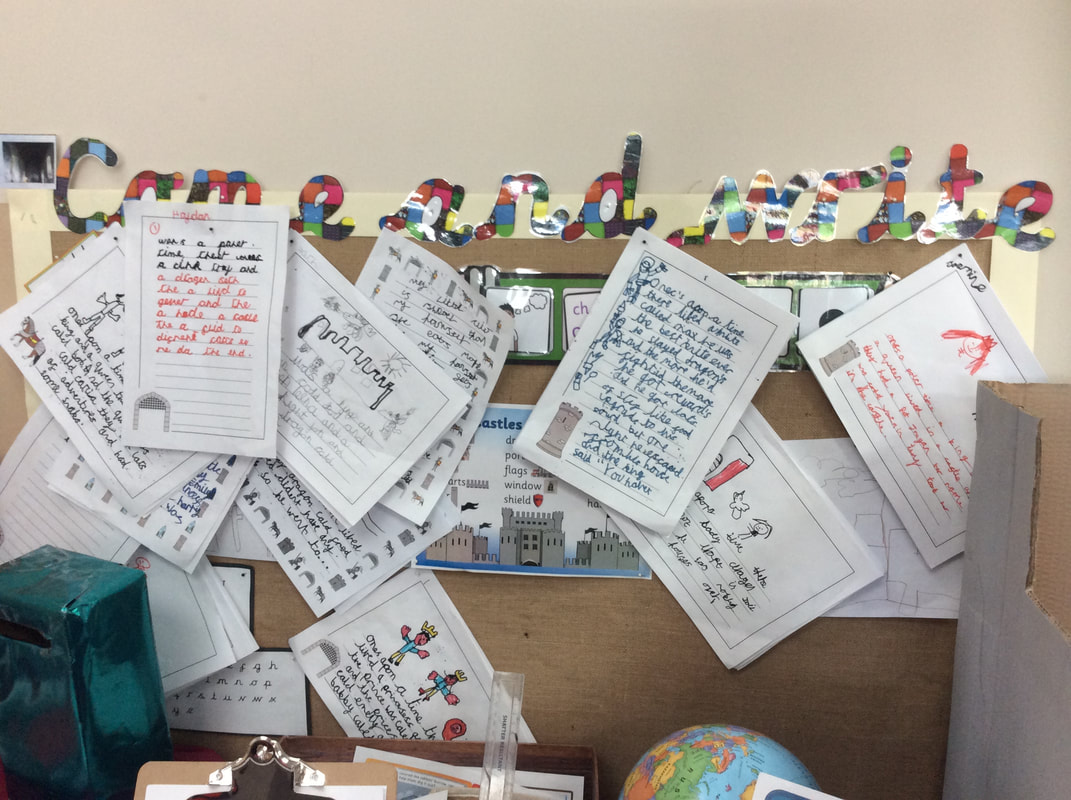English
A child’s ability to communicate is vital to all aspects of their learning, so English learning spans across all areas of the curriculum.
Click on how to help your child at home with reading and writing in FS, Year 1 or Year 2.

The aim is for all Westbury Infants children to be confident and enthusiastic speakers, readers and writers, so we provide a broad range of daily activities for children to develop and apply their speaking, listening, reading and writing skills.
We teach phonics and reading using the Read Write Inc Phonics programme. The children begin this at the very start of Reception. Once they have completed the Read Write Inc Phonics programme our children move on to Read Write Spelling and Read Write Inc Comprehension. These programmes build on the learning the children have done up until this point, as well as developing fluency and using the routines the children are already familiar with.
We teach writing in line with our new writing curriculum. We have one for EYFS and another for KS1 - see below.
KS1 Writing Curriculum - 2 year rolling programme
At Westbury Infant School, we have a Reading Spine, withing this document, there are four reading spines (Author Study, Curriculum, Reading for Pleasure and Non-fiction), which is used to support the teaching and learning of reading and writing.
Children use the skills that they learn daily in their Read Write Inc sessions across the wider curriculum. The strategies for reading, spelling and writing allow the children to develop their independence.
Useful English websites
Phonics Play - A website with information for parents and games for children. Family Learning - A website with numerous links to phonics games on other websites.







